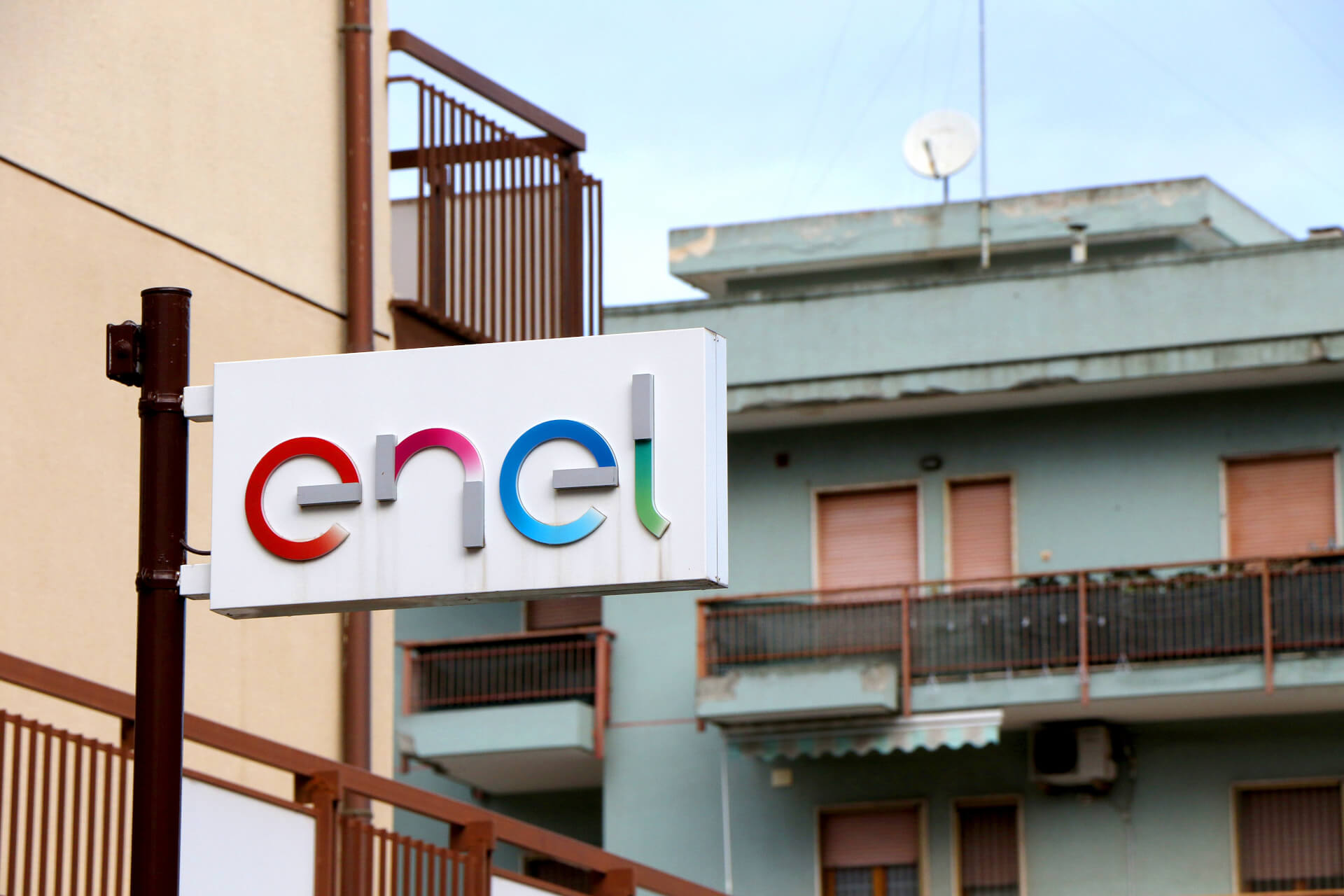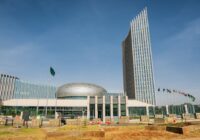Earlier this year, Italian Prime Minister Giorgia Meloni’s visited Algeria. There, Meloni paid homage to the monument of Enrico Mattei, the chairman of the Italian petroleum giant Eni who had supported Algerian independence from France.
Meloni’s choice of Mattei was no accident. Many Italians, including Meloni, view North Africa as the natural place for Italy to extend its influence on the African continent. Meloni, however, is seeking to shun the legacy of colonialism in Africa. She has been harshly critical of France, in particular, for pursuing policies in the continent that she characterizes as “neocolonial.”
The prime minister is attempting to open a new chapter for cross-Mediterranean relations, rejecting predatory impulses towards Africa and instead emulating Mattei, who built an alternative model based on cooperation between North Africa and Southern Europe. During the Cold War, Mattei helped to promote peace and stability between Algeria and Europe; Meloni hopes to repeat the feat.
Italians remember that in those decades, after their own experience of devastating war, it was the stability of energy supplies made the rebuilding of Italian industry possible. At the same time, they remember that the influx of Italian cash likewise helped North African countries win their own struggle for independence and establish stability afterwards.
Now, like then, Italy needs energy. Without Russia fueling its heavily gas-dependant grid, Italy must look for alternative solutions. North Africa is an obvious choice; in the first half of 2022, Algeria became Italy’s number one gas supplier, ousting Russia. Meloni’s visit was one of the first steps to establishing a more solid Italy–Algeria relationship.
Consequently, Meloni has launched the “Mattei Plan,” which enlists Italian companies such as Eni, Enel, Snam and Terna to do the work of integrating with Algerian partners. Meloni hopes to transform Italy into an oil and gas hub, completely abandon Russian gas and replace it with both natural gas from Africa as well as liquefied natural gas (LNG) from sources like the United States..
How is Italy managing this era of scarcity?
Italy plans to phase 80% of Russian gas out by 2023 and 100% by 2024 or 2025, at the latest.
in his luminary book Nuclear Commerce, Anis H. Bajrektarevic noted that “in an ever evolving and expanding world, there is a constant quest for both more energy and less external energy dependency. With the fossil fuels bound industry setting an alarming trend of negative ecological footprint, there is a clear and urgent must to predict and instruct on alternatives.”
And indeed, after the Russian intervention in Ukraine, Europe and Italy had to change strategies. They increased imports of LNG by over 60% in 2022. Because of this, demand for LNG has reached colossal proportions, and prices are projected to remain steadily elevated in the coming years.
LNG needs to be processed back into a gaseous state in order to be used. Italy, which has not traditionally used a large amount of LNG, needs to build the infrastructure to make this possible. in In addition to the few preexisting regasification facilities Panigaglia, Livorno and Rovigo, new plants are being constructed. Snam has built one in Piombino with a total processing capacity of 5 billion cubic meters per year, equal to 7% of Italy’s requirements. It plans to open another in Ravenna in the third quarter of 2024. The Italian strategy is undoubtedly on track. These two LNG terminals will increase the country’s energetic flexibility.
After the cut in Russian natural gas supplies, Italy can count on supplies from Azerbaijan via Turkey thanks to the Trans-Adriatic pipeline. Azerbaijan currently supplies about 10% of Italy’s needs and could supply up to 25%. And Italy can rely on Transmed, better known as the “Mattei pipeline,” too, which already connects Algeria to Italy and has a capacity of around 32 billion cubic meters of gas.
Eni and Enel in Africa
Eni and Enel are both formerly public companies. After privatization, they continue to work closely with the Italian state. They have always guaranteed strategic continuity in relations with African countries and are the key to giving substance to the Mattei Plan.”
Eni has been present in Africa since the mid-1950s and has projects in as many as 14 countries. It is a key player in the diversification of gas supplies, first and foremost thanks to its long-time relationship with Algeria’s Sonatrach.
But it’s not just Algeria. Another country Eni has an established relationship with is Egypt, where Eni has been present since 1954 through its subsidiary, Ieoc. In 2022, Eni produced almost 60% of the gas produced in Egypt. From its plant in Damietta, it exports much of that gas — in the form of LNG — to Europe. Eni and Egypt are working together to exploit deposits in new areas such as the Nile Delta. Eni has also promoted new investments and projects intending to diversify gas source countries. A significant case in point is Coral South, a floating natural gas liquefaction plant off the coast of Mozambique. The plant has a capacity of 3.4 million tonnes of LNG.
Enel has been developing projects in Africa, too. It already operates 16 active plants, both wind and solar, from Morocco to Zambia and South Africa. It is building new green energy capacities in other countries, too, such as Ethiopia, where Enel has planned a photovoltaic plant in Metehara.
After the great chaos
The balance of the Mediterranean was disrupted in 2011, the year of the “Arab Spring” that upset many ruling classes. The movements took inspiration from Arab nationalism, the same tendency with which Mattei had worked in Algeria. After more than ten years, things have settled down, and a new phase can start. The relaunch of Italian action in the region is a positive step, but we must consider some pitfalls.
There are new players: China, Russia and Turkey all have footholds in the Arab Mediterranean as well. China, especially, has been pouring money into the region. France too, of course, still holds substantial sway in Africa. In spite of this competition, Italy can still draw upon its tradition of friendly cooperation and move forward with its North African partners.
[Centro Studi Machiavelli first published this piece.]
[Lane Gibson and Anton Schauble edited this piece.]
The views expressed in this article are the author’s own and do not necessarily reflect Fair Observer’s editorial policy.
Support Fair Observer
We rely on your support for our independence, diversity and quality.
For more than 10 years, Fair Observer has been free, fair and independent. No billionaire owns us, no advertisers control us. We are a reader-supported nonprofit. Unlike many other publications, we keep our content free for readers regardless of where they live or whether they can afford to pay. We have no paywalls and no ads.
In the post-truth era of fake news, echo chambers and filter bubbles, we publish a plurality of perspectives from around the world. Anyone can publish with us, but everyone goes through a rigorous editorial process. So, you get fact-checked, well-reasoned content instead of noise.
We publish 2,500+ voices from 90+ countries. We also conduct education and training programs
on subjects ranging from digital media and journalism to writing and critical thinking. This
doesn’t come cheap. Servers, editors, trainers and web developers cost
money.
Please consider supporting us on a regular basis as a recurring donor or a
sustaining member.
Will you support FO’s journalism?
We rely on your support for our independence, diversity and quality.







Comment